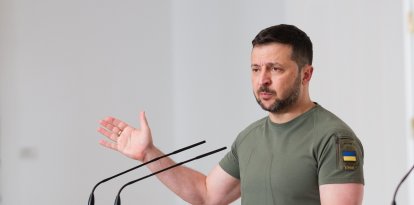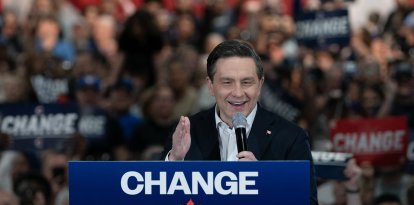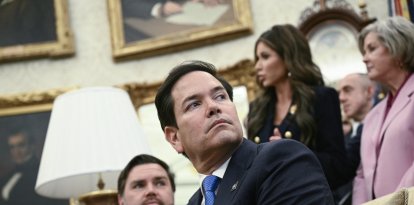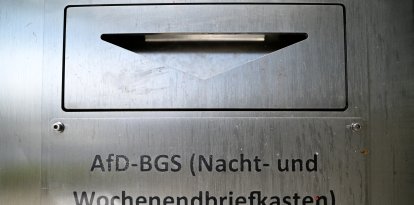Leftist Gustavo Petro announces his first price limit in Colombia
The Colombian president's measure seeks to establish cost limits on public services such as electricity.
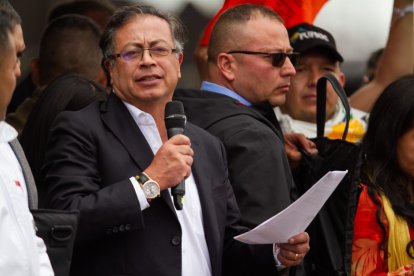
Cordon Press
This Thursday, the president of Colombia, Gustavo Petro, announced that he will assume the powers to regulate and control the rates of public utilities, a job that has been assigned to independent commissions since 1994.
Petro said that he would only assume this function on a temporary basis and justified his decision by assuring that he was doing so "in defense of the user," in view of the increase in electricity rates.
However, the President's decision could have important consequences for the country. In fact, the resident of the National Association of Utilities and Communications Companies (Adesco), Camilo Sanchez, explained that this could affect the profitability of utility-generating companies.
"The worst thing that can happen to the country is the disappearance of the institutionality that has worked and that is required. Today it may be applause, but in the long and medium term we are going to have problems," he said, explaining that if the president decides to lower tariffs by 10 or 20%, what would happen is that he would violate "legal certainty and everything that has to do with institutionalism and therefore the prejudice will fall and very surely in the medium or short term we will have blackouts on the coast."
In order to decide the prices of a product or service, several factors must be taken into consideration, such as workers' costs, raw materials, and profit margins, so setting a maximum price would imply not taking into account some of the above aspects, which would hinder production or operation and could lead to the company closures.
"Changing the rules of the game without being clear about the effects will simply harm the poor, because we will reduce the provision of services and continuity in many Colombian territories," said Sanchez.
RECOMMENDATION
